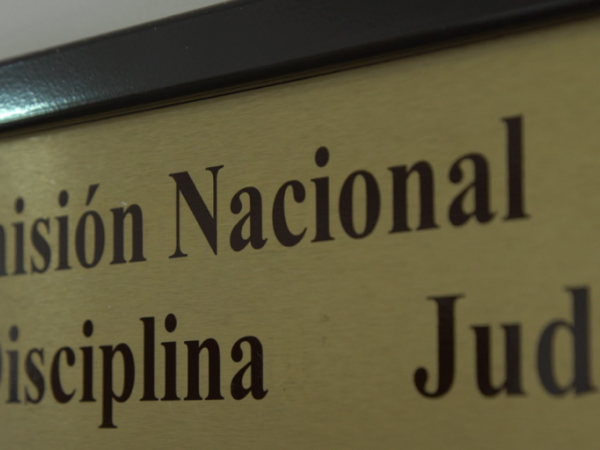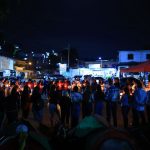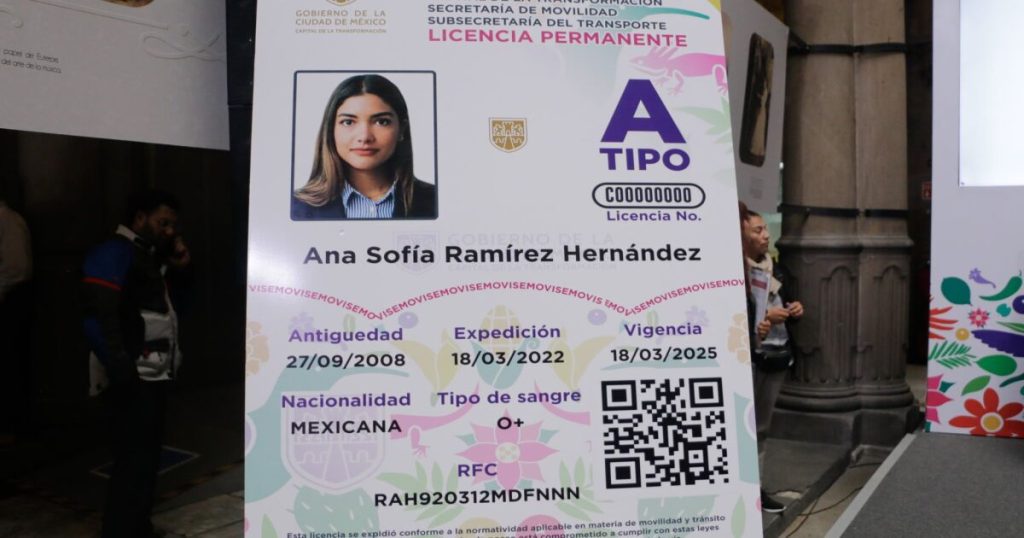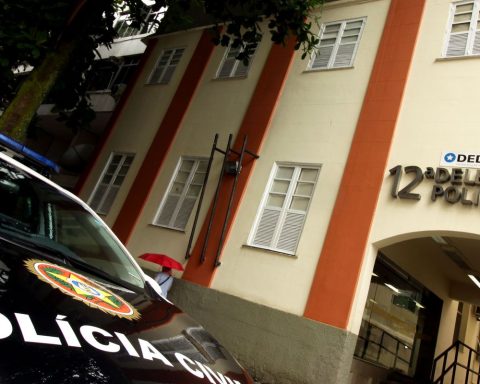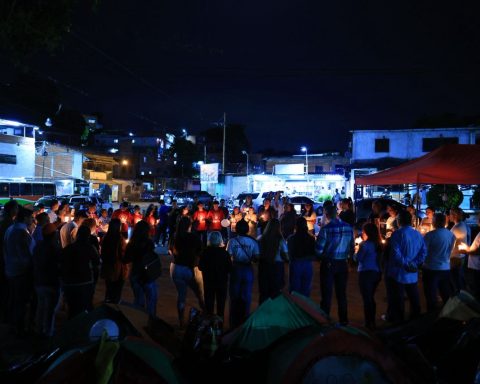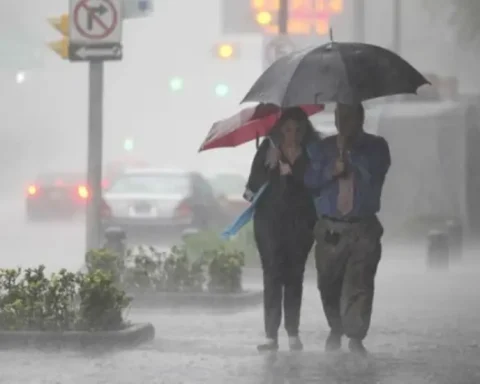The approval and subsequent sanction of the Law 2430 of 2024 introduced a series of adjustments to the Statutory Law of the Administration of Justice, under which powers were created for the Judicial Discipline Commission to have its own judicial police.
(Read: Labor reform: the last four missing articles have already been approved).
Article 111 defines the functions that this force will have and that “may exercise, directly or through the entity’s public servants, “the judicial police functions required in the exercise of disciplinary jurisdictional control.”
This decision is unprecedented since it is the first time in history that a High Court of Colombia has these powers.
The president of the Commission, Judge Alfonso Cajiao, pointed out that the norm grants powers to the Superior Council of the Judiciary to consolidate within the court a body of 80 people to be in charge of investigations.
(See: They approve the project for the express return of favorable balances in the income tax return).
According to the magistrate, This police will carry out forensic and property investigations, intercept communications and verify the assets of the people involved in the disciplinary investigations.
“This will allow us to carry out more efficient investigations. These powers are expected to come into effect in the first half of 2025. This will allow us to structure this body and define the functions of each person and the hiring of technicians and specialists in research and in auxiliary areas of the judicial police”, said Magistrate Cajiao.
National Police
Weather Archive
Who will this body depend on?
According to the president of the High Court, the profiles of the members of this police force will be directly linked to the Commission and will obey the judges who make up the corporation. “These people will not depend on another judicial police force. They will be personnel of this corporation”.
The focus of this police will be financial, They will verify the assets of the people who make up the Judicial Branch.
“We have seen that corruption always occurs in these scenarios and the independence that this dynamic allows us is important, since the other judicial police forces, which are attached to other entities, have their own concerns. This independence will give us autonomy.”Cajiao said.
For Cajiao, this body will focus on attacking mafias or organizations dedicated to the issue of unjustified asset increases and cartels in the processing of guardianship actions, in health and pension matters, and in land invasion issues. “The centralization of these functions would allow us to have more efficient control over our own agents”.
At the time, the magistrate had revealed that this body would be centralized from Bogotá. “The members of this office would go to the offices in committees when they need it, but we would have a centralized model that is a little more efficient, because there are experiences in the past that show us that it is better to do it directly from the Presidency of the corporation “, providing all our sections with the support that is required”.
With editorial information Justice EL TIEMPO
[email protected]
